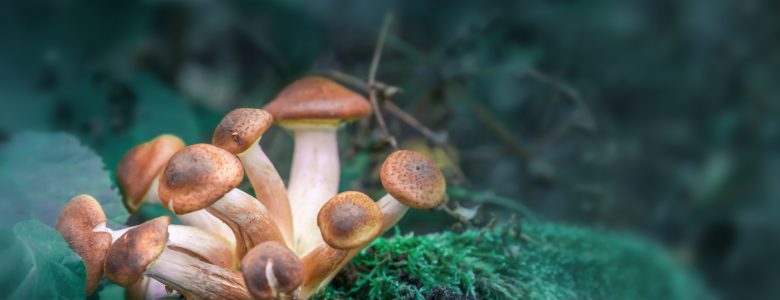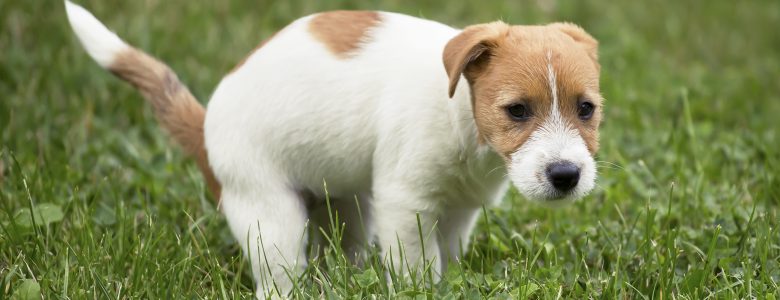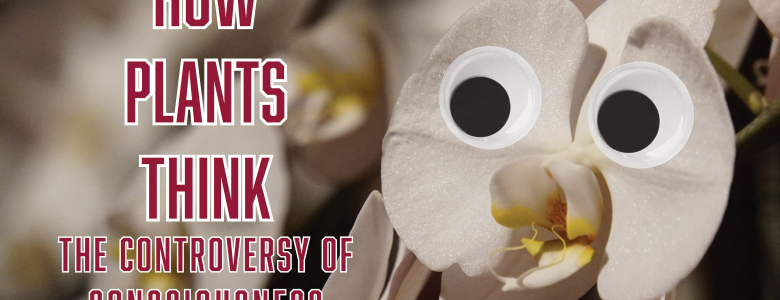January 5, 2020
Defining Moments of the Decade: WTF, 2010s

Defined by cultural shifts, technological advancements, the climate crisis, the expansion of e-commerce, the rise of social media, and the continuation of memes, the 2010s brought major sociological changes that will continue to shape 2020.








